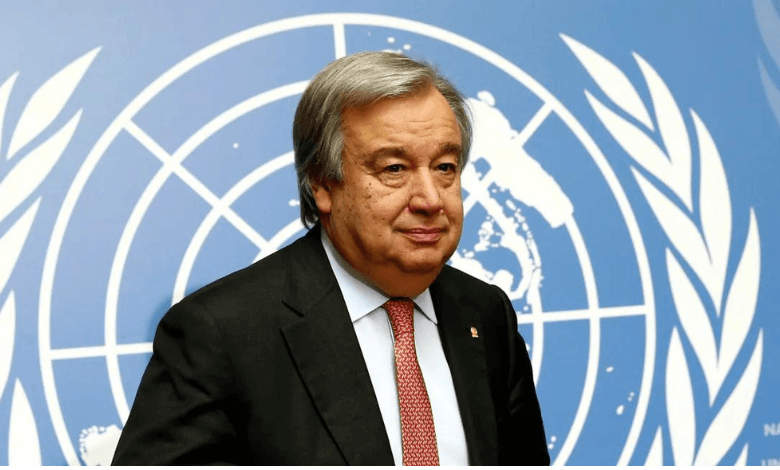Understanding Why Antonio Guterres Calls Pakistan A ‘Double Victim’

Speaking at the UN headquarters in New York, Secretary General Antonio Guterres said how the international community responds to Pakistan’s struggles is a “litmus test” for climate justice.
Despite contributing less than 1% of global emissions, people in Pakistan face an overwhelming 15 times higher risk of dying from circumstances and disasters triggered by climate change.
The UN chief called the country a “double victim” – of climate chaos and of our “outdated” global financial system that prevents middle-income countries from accessing essential resources.
Need To Slash Emissions And Bolster Early Warning Systems
Pakistan is in dire need of resources to invest in adaptation and resilience as it continues the painstaking process of rebuilding in the wake of last year’s deadly and devastating floods.
Triggered by torrential downpours, the floods claimed more than 1,700 lives, destroyed two million homes, affected 33 million people and submerged one third of the country.
Top UN officials have underscored the need to slash emissions and bolster early warning systems to protect countries which are becoming increasingly vulnerable to extreme weather.
Climate Chaos Knocking On Everyone’s Door
In the immediate aftermath, the Pakistani government – supported by the UN – launched a flood response plan, requesting $816 million. That appeal is about 69% funded. Even today, the response continues after further punishing rains fell this summer and the country’s economy struggles to recover.
Agencies such as the UNDP have been helping. Guterres said climate chaos is knocking on everyone’s door, reiterating his warning that emissions are “killing people, destroying communities and devastating economies”.
ALSO READ: Underground Climate Change – Scientists Raise Alarm Over A ‘Silent Hazard’
“Challenges Are Not Insurmountable” Emphasising the need to address funding gaps, Dennis Francis, President of the General Assembly, urged Member States and stakeholders to maintain their steadfast support.
According to UNICEF, around 4 million children in flood-affected areas remain without access to safe water, with 3.5 million staying out of school. The situation is dire and comes on top of other pre-existing problems and inequities. “But the challenges are not insurmountable,” said Catherine Russell, UNICEF Executive Director.



